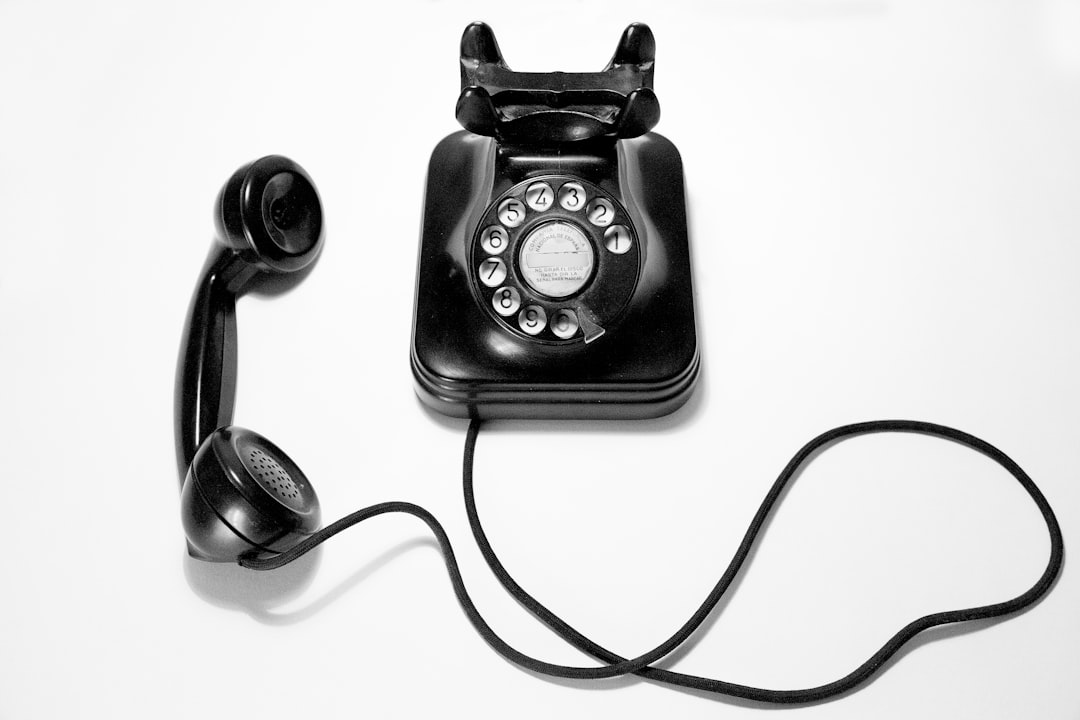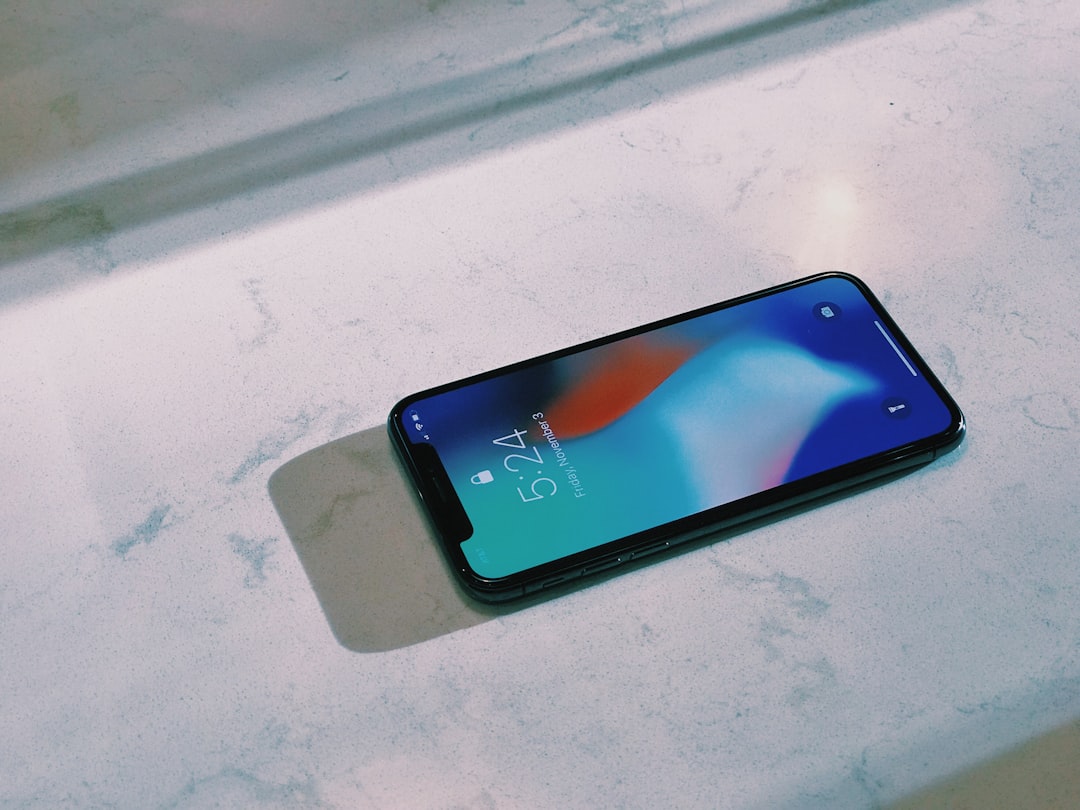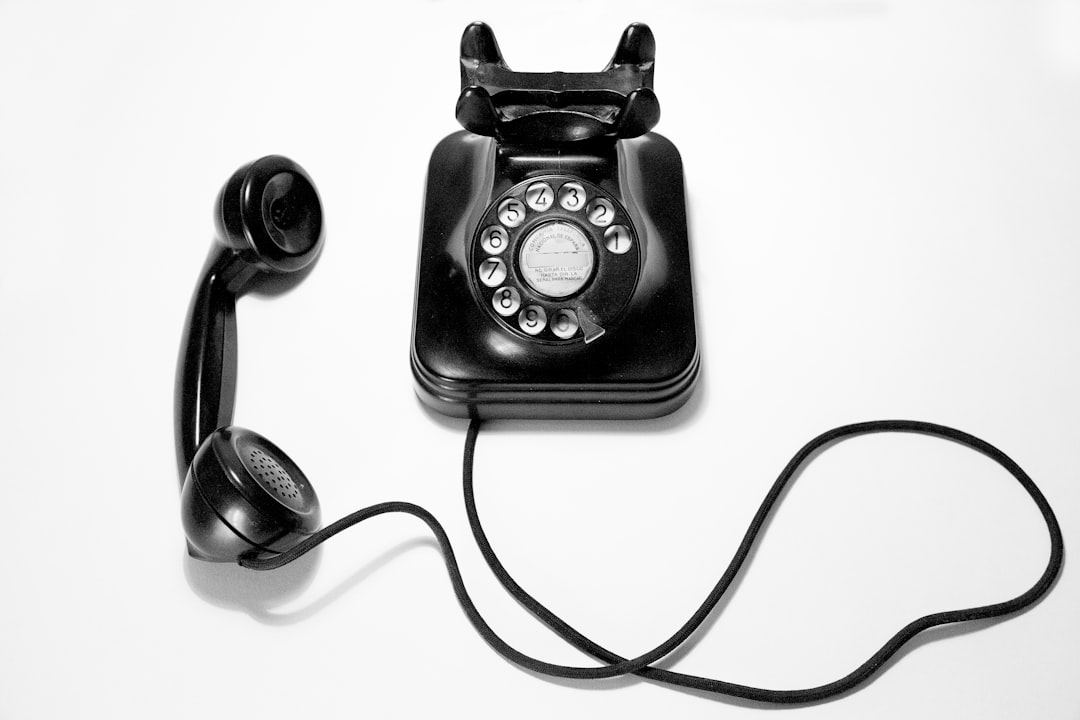Phone scams targeting healthcare data have surged in Utah, with scammers impersonating hospital reps and gaining access to sensitive patient information. Spam call attorneys in Utah play a vital role in fighting back by educating hospitals and implementing robust security measures like call blocking, encryption, and staff training. By combining legal expertise with advanced technology and patient education, Utah hospitals can significantly minimize data breaches caused by these scams.
Utah hospitals face evolving threats to patient data security, with phone scams targeting healthcare providers on the rise. Understanding these sophisticated scams is crucial for protecting sensitive information. This article guides Utah hospitals through identifying red flags, leveraging the expertise of a spam call attorney, implementing robust security measures, and training staff and patients to proactively defend against these cyber threats. By following these strategies, hospitals can fortify their defenses and safeguard patient privacy in the digital age.
Understanding Phone Scams Targeting Healthcare in Utah

In recent years, healthcare has become a popular target for phone scams across Utah and beyond. Scammers often pose as hospital representatives or insurance companies to trick individuals into revealing sensitive information like medical records, insurance details, and personal identification numbers. These deceptive practices not only compromise patient privacy but also expose vulnerable individuals to potential financial loss.
A spam call attorney in Utah highlights that these scams can be sophisticated, using automated systems to make bulk calls, making it challenging for recipients to identify the source. Hospitals play a crucial role in combating this issue by educating their patients and implementing robust security measures to protect personal information. By staying vigilant and adopting preventive strategies, Utah hospitals can significantly reduce the risk of patient data breaches caused by phone scams.
Identifying Red Flags: Common Tactics Used by Spam Callers

Utah hospitals and healthcare providers must stay vigilant against sophisticated phone scams that target sensitive patient data. Spam callers employ various tactics to gain unauthorized access, making it crucial for medical facilities to identify red flags. Common indicators include unexpected or unknown caller IDs, pre-recorded messages, or urgent requests for personal information, often related to insurance or medical records.
These scammers may impersonate officials from hospitals, government agencies, or even healthcare providers to trick individuals into revealing confidential details over the phone. They might also use social engineering techniques, such as creating a sense of urgency or offering incentives to persuade victims to comply. A spam call attorney in Utah can help healthcare organizations understand these tactics and implement robust security measures to protect patient information from such fraudulent activities.
The Role of a Spam Call Attorney in Patient Data Protection

In the ongoing battle against phone scams, a spam call attorney in Utah plays a pivotal role in safeguarding patient data within healthcare institutions. These legal experts specialize in navigating complex privacy laws and possess the expertise to mitigate risks associated with unsolicited phone calls. By implementing stringent measures, they help hospitals avoid costly violations and protect sensitive patient information from falling into the wrong hands.
A spam call attorney in Utah works closely with healthcare providers to establish robust protocols for handling inbound and outbound communications. They draft comprehensive policies that ensure compliance with regulations like HIPAA (Health Insurance Portability and Accountability Act), empowering hospitals to take proactive steps against potential data breaches. Through regular training sessions and awareness campaigns, these attorneys foster a culture of security among staff, enabling them to recognize and report suspicious activities effectively.
Implementing Security Measures to Shield Patient Information

To safeguard patient information, Utah hospitals must implement robust security measures against phone scams, which remain a persistent threat. This involves employing advanced technologies like automated call blocking systems and encryption software to protect against unauthorized access to sensitive data. Additionally, training staff on recognizing and responding to suspicious calls is vital; they should be equipped with protocols for verifying the authenticity of incoming communications and reporting any potential breaches immediately.
Hospitals can also leverage secure communication channels, such as encrypted messaging apps or patient portals, to ensure that discussions related to treatments and personal details are conducted safely. Regular audits and updates to security policies are essential to stay ahead of evolving scams, with a particular focus on leveraging the expertise of spam call attorneys Utah to identify vulnerabilities and implement effective countermeasures.
Training Staff and Patients: A Proactive Approach to Defense

In the ongoing battle against phone scams, Utah hospitals can play a pivotal role in protecting patient information by proactively educating both staff and patients. Training programs should focus on identifying and mitigating risks associated with unsolicited calls, including those from spam call attorneys Utah, who often target healthcare institutions. Educating employees to be wary of suspicious callers, verify requesters’ identities rigorously, and follow established protocol for sharing sensitive data can significantly reduce the risk of breaches. Patients, too, can benefit from awareness campaigns that highlight the dangers of giving out personal health information over the phone, empowering them to refuse unsolicited calls and protect their privacy.






